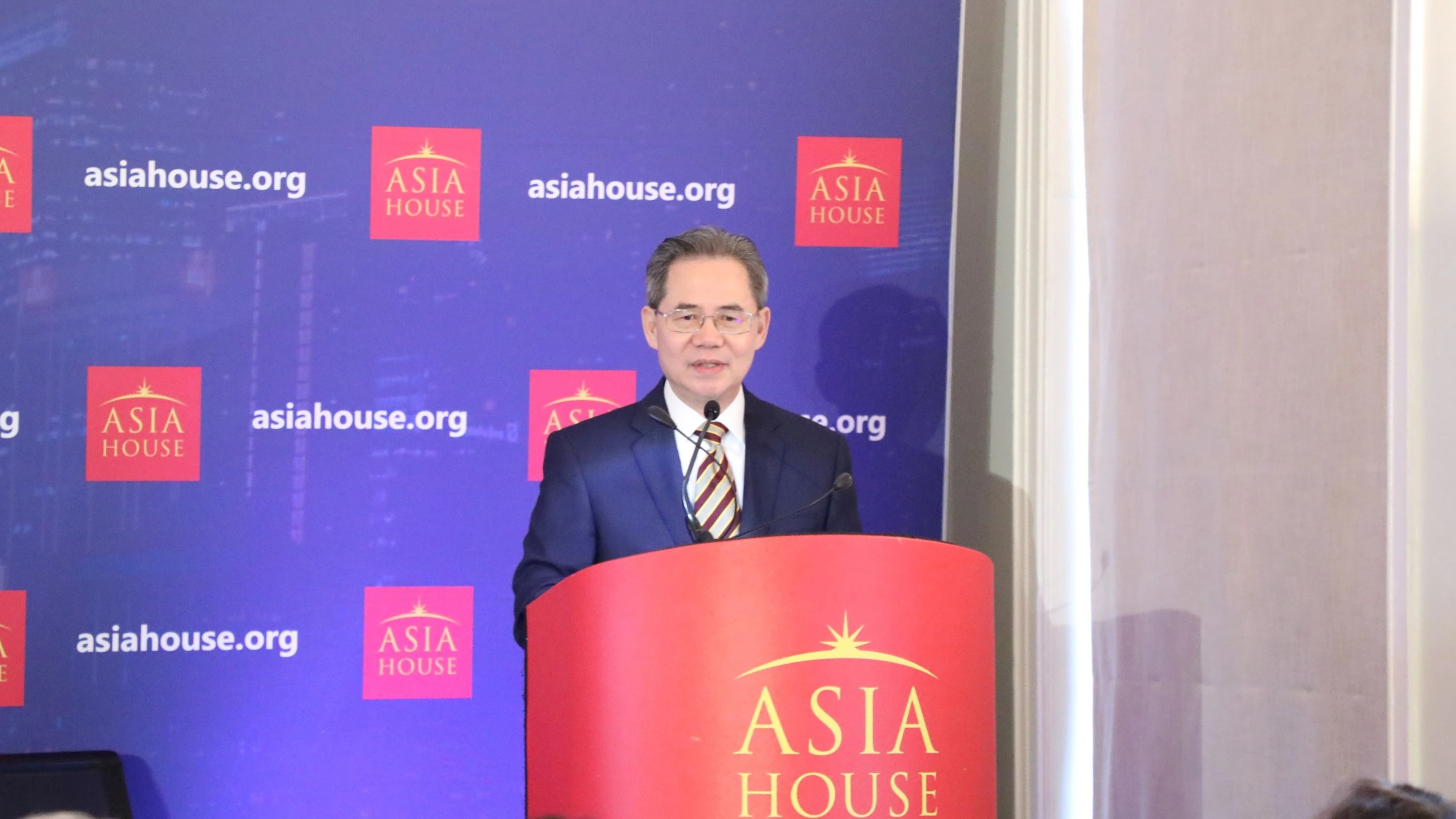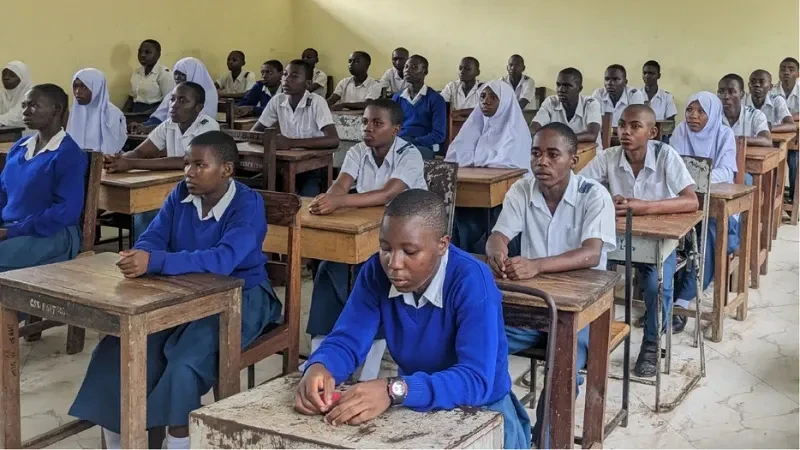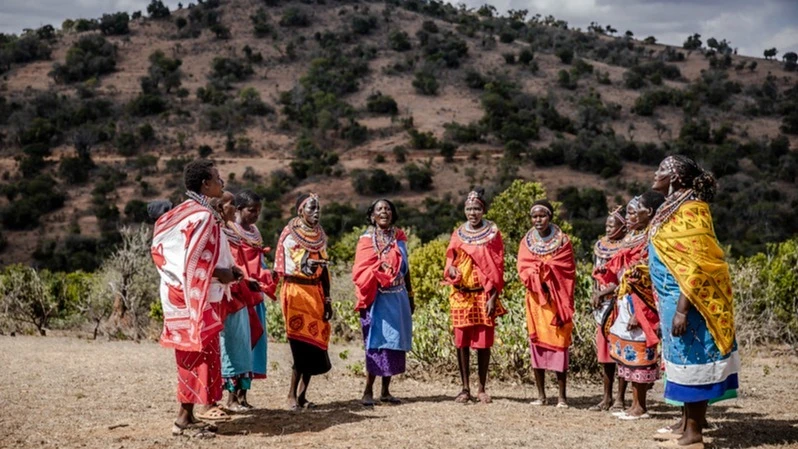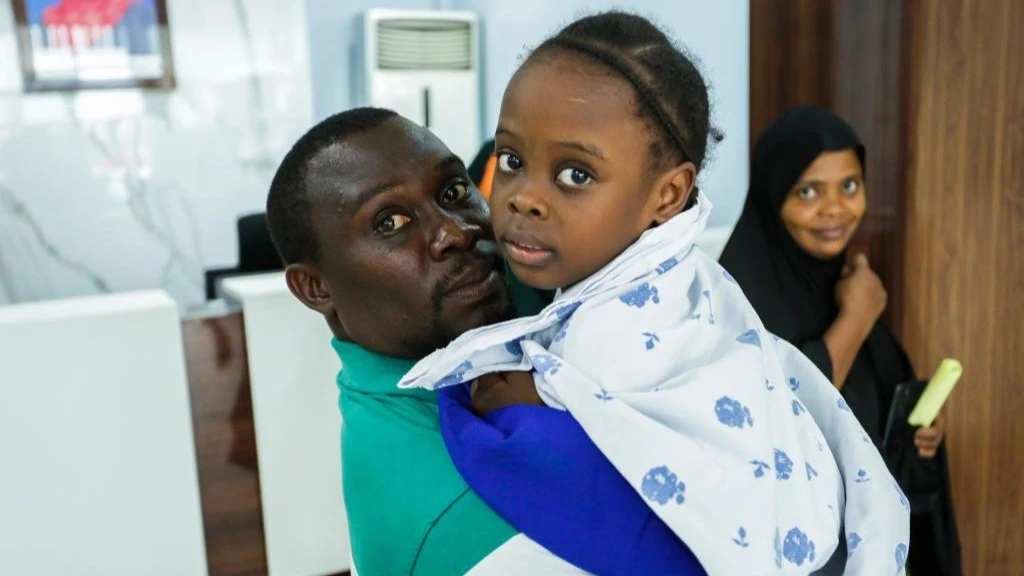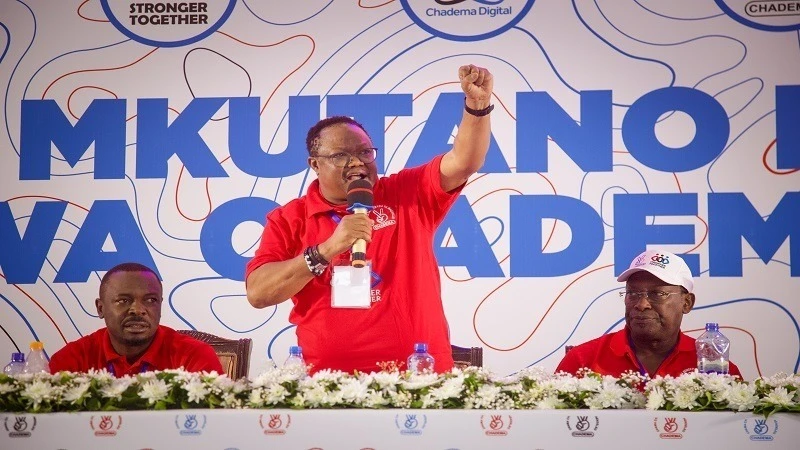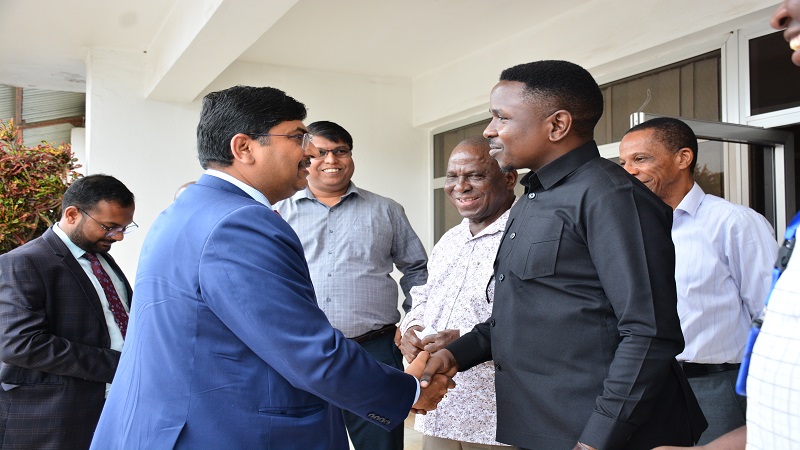Global ESG Sukuk to cross $50bn in 2025
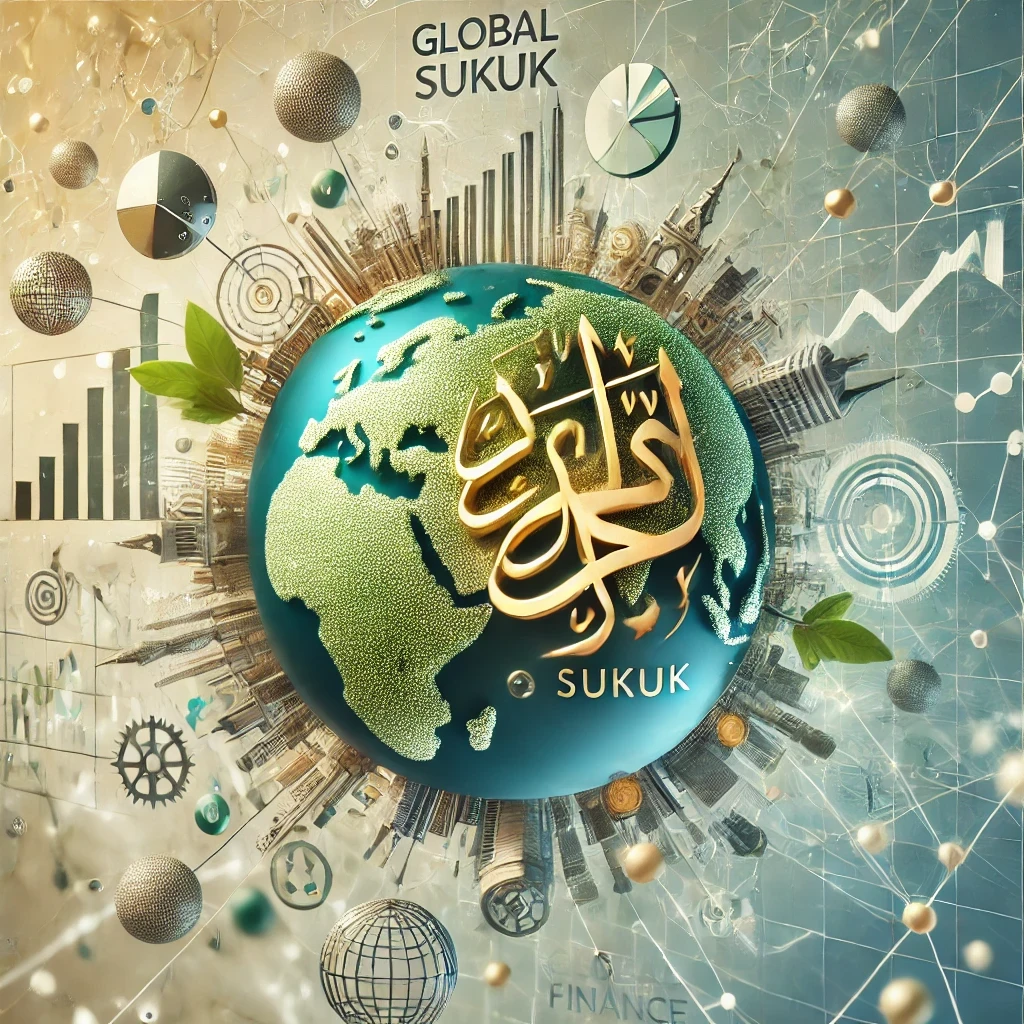
Global Environment Social Governance (ESG) sukuk is set to cross US$50 billion outstanding in 2025, and be one of the key US dollar funding tools among some Islamic finance markets – Saudi Arabia, the UAE, Indonesia and Malaysia.
In Africa, countries like Nigeria, South Africa, and Morocco have explored Islamic finance instruments, with Nigeria issuing several sukuk to fund infrastructure projects.
While not all are explicitly ESG-labeled, there is momentum toward integrating ESG principles.
However, many African countries lack established regulatory frameworks to support ESG sukuk issuance. Harmonizing Sharia-compliant and ESG standards is critical.
In emerging markets (EMs), sukuk is likely to remain a key ESG funding tool, with around 20 percent of all EM ESG dollar debt issued in 2024 (excluding China), with the rest bonds.
ESG sukuk support sectors such as clean energy, education, healthcare, and affordable housing.
Global ESG (Environmental, Social, and Governance) sukuk are Islamic bonds structured to comply with Sharia principles, designed to finance projects that align with sustainable and responsible investment (SRI) criteria.
These instruments combine the ethical foundation of Islamic finance with ESG objectives, making them an attractive option for investors seeking to balance financial returns with positive social and environmental impact.
Funding environment is generally favourable, with the Fed expected to cut rates by 100bp to 3.5 percent by 4Q25.
Growth drivers also include issuers’ funding diversification goals, enabling ESG regulations, sustainability and net zero strategies by a number of sovereigns, banks, corporates, supranationals, and GREs.
Lower oil prices (2025F: US$70/barrel; 2026F: U$D65) could increase funding needs in some OIC markets.
Fitch Ratings expects ESG sukuk to cross15 percent of global dollar sukuk issuance in the medium term (2024: 12.3 percent).
Risks include sharia-compliance complexities, such as linked to AAOIFI Sharia Standard No. 62, weakening sustainability drives, geopolitical risks, and oil volatilities.
Most OIC countries – including in Africa and Asia – have not issued ESG sukuk or bonds despite varying funding needs, perhaps due to ESG goals taking lower priority.
The financial sector and debt capital market in general also remains underdeveloped in many OIC countries, with gaps in the necessary regulations, infrastructure, and incentives. This might change in the long term.
Global ESG sukuk expanded 23 percent yoy to US$45.2 billion outstanding, with 68 percent in hard currencies.
It outpaced global ESG bonds, which were up 16 percent at end-2024.
It also surpassed global sukuk growth (10 percent), but represented only 5 percent of global sukuk outstanding (all currencies).
ESG sukuk issuance in 2024 reached US$11.1 billion (up 3.8 percent yoy), mostly driven by Saudi Arabia (39 percent), Malaysia (22 percent), United Arabs Emirates (UAE) (20 percent), and Indonesia (8 percent).
Among Gulf Cooperation Council (GCC) countries, the ESG debt capital market (US dollars) reached USD46.3 billion outstanding, with 44 percent sukuk.
The largest listing venue for ESG sukuk globally is Nasdaq Dubai with 35 percent share of global outstanding volumes at end-2024.
Fitch rated about 80 percent of the global hard-currency ESG sukuk, or US$24.2 billion outstanding, at end-2024 (up 18 percent yoy). ESG sukuk represent about 13 percent of all outstanding Fitch-rated sukuk.
Almost all (99 percent) of Fitch-rated ESG sukuk are investment grade with no defaults. About 80 percent of Fitch-rated ESG sukuk were from the Middle East, followed by Asia (19 percent).
Green and Sustainable sukuk could help issuers tap ESG-sensitive international investors from the US, Europe, and Asia, as well as sukuk-focused Islamic investors from the GCC.
The demand from ESG-sensitive international investors could help address the funding gap, including for longer-tenor maturities.
A recent example is the Indonesian sovereign sukuk (BBB).
The 30-year green sukuk tranche attracted 90 percent investors from Europe, the US and Asia (excluding Malaysia and Indonesia), with more than 85 percent coming from non-bank investors.
However, lack of universal ESG and Sharia compliance standards complicates sukuk issuance and investor decision-making and enhanced disclosure requirements and impact reporting remain critical to maintaining investor trust in ESG claims remain the major challenge facing ESG sukuk.
Top Headlines
© 2025 IPPMEDIA.COM. ALL RIGHTS RESERVED











